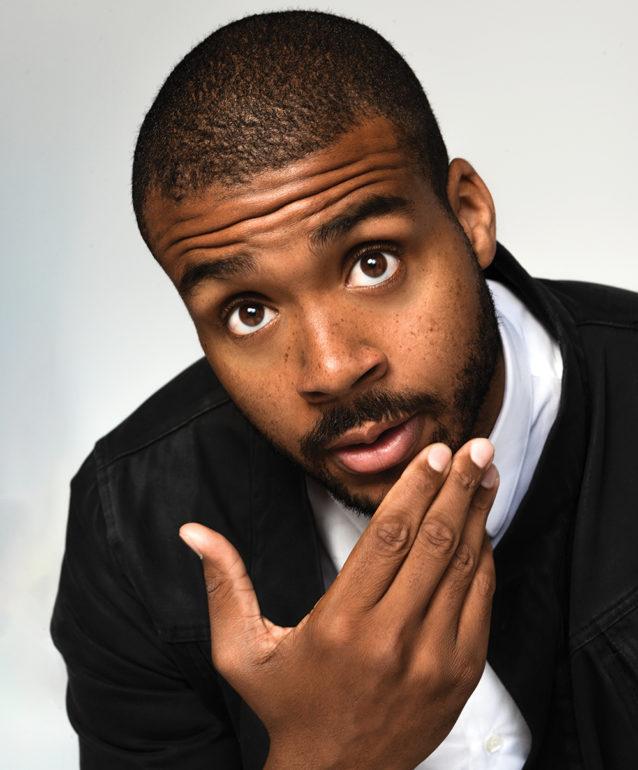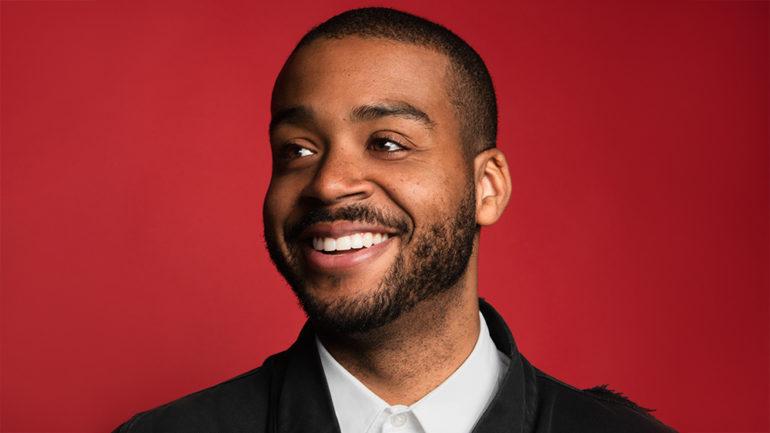‘When They See Us’ Composer on ‘Horror Film’ Approach to Score
By Chris Willman
LOS ANGELES (Variety.com) – Belying his resume, Kris Bowers is a young man — so young that he was only 2 weeks old when a jogger was attacked in Central Park in 1989, kicking into motion the miscarriage of justice he would become immersed in three decades later when signing on to score Ava DuVernay’s Netflix limited series “When They See Us.” The pianist-composer previously earned a Daytime Emmy but admits “it feels different” to be up for a primetime one.
How tough is it to underscore such an emotional story without bumming viewers out even more?
We definitely wanted it to feel as bad as possible! But we also wanted to hold onto the fact that these are young kids whose innocence is being stripped away, and that innocence has to be represented for us to really feel it being taken. They did make it through, and there is an ugly beauty to their resilience as young men and members of the African American community.
The initial episodes have what almost sounds like subtle horror-movie scoring.
I told Ava that I wanted to approach it more like a horror film, or nightmare. I had different instrumentalists play the weirdest sound they could think of, and created weird, eerie soundscapes with that. But the show also has sweet piano themes that represent each of these boys’ relationship with, in most cases, the love of a black mother. So even at the center of some of those horror-sounding cues will be a very strong melody of piano with strings that, without the horror aspect, wouldn’t feel scary. The combination was an effort to make us feel both things at the same time — love for these boys and disgust about what was going on.
How did you sign on?
Jason Moranis, Ava’s creative musical brother, couldn’t do it because of his touring, so he recommended me. I think Ava was skeptical, wanting to feel from me that I was going to make this as personal as she was. We talked about how what happened to those boys was one of my parents’ biggest fears. Another thing that helped her feel comfortable with me was my own story about being arrested for protesting, after Darren Wilson was acquitted [in the Ferguson, Mo., shooting case]. Even though my arrest was more like a field trip to jail, you quickly understand how people lose their minds in that space when nobody gives you information or treats you like a human.
What’s next for you?
I just scored a horror film with Justin Simien called “Bad Hair,” inspired by “The Shining” and “Rosemary’s Baby” and classical composers like Ligeti, Bartok and Penderecki. I’ve been doing audiobooks with Kobe Bryant, and we just did one Phylicia Rashad narrates called “Legacy and the Queen.” And I’m doing a project with Kyle Connaughton, a Michelin star chef with a restaurant in Sonoma, working on a dinner concept where we’re going to create a 15-course meal based on a storyline. I’ll write a score to it, and we’ll have it in a space where we can have an open kitchen and a live orchestra.


